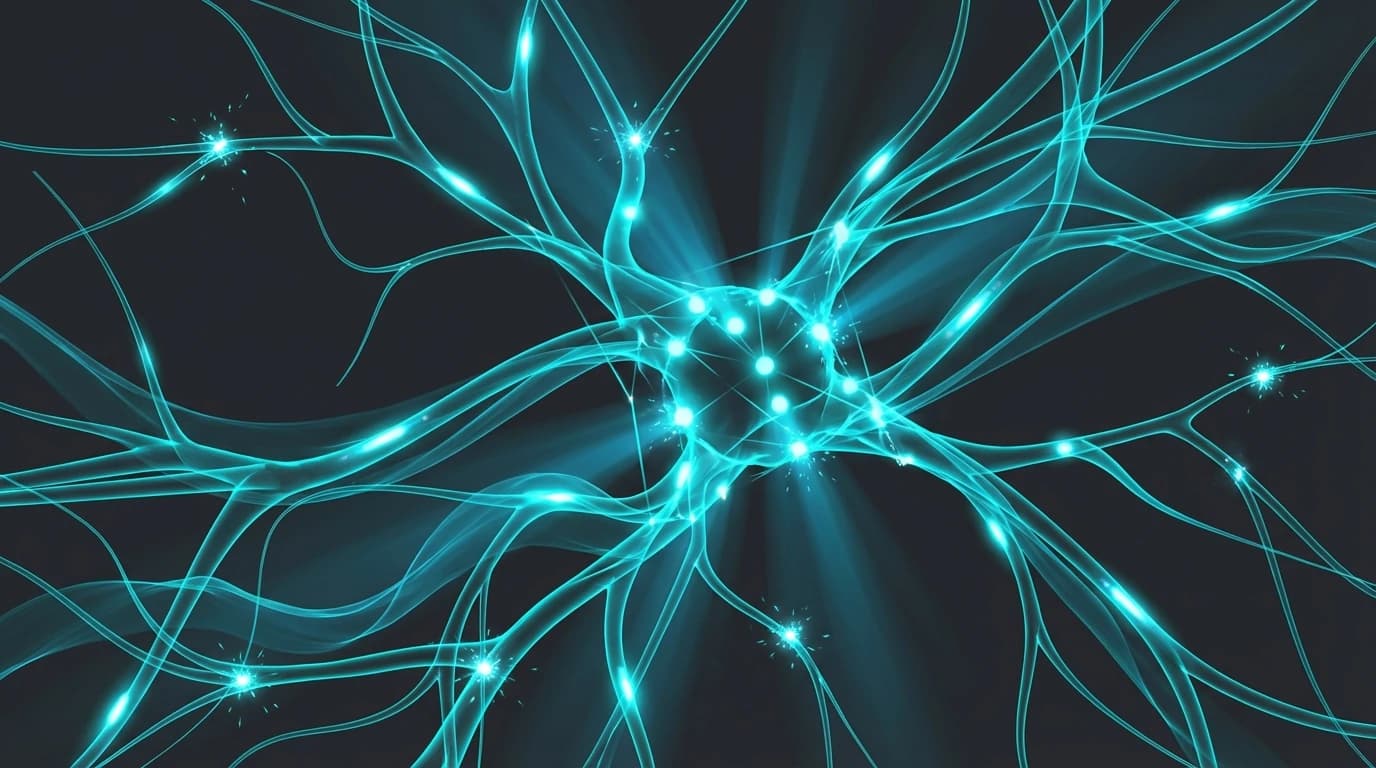Synchronised Minds: How Mother-Child Bonds Sculpt the Social Brain
Source PublicationeLife
Primary AuthorsLi, Xiao, Zhao et al.

Social cognition is not merely a product of getting older; it is intricately woven into the fabric of our earliest relationships. In a study involving 34 mother-child pairs, researchers utilised a naturalistic fMRI paradigm—scanning brains while participants watched movies—to observe the mechanics of social development.
The findings highlight a fascinating dual process. While the functional maturity of social brain networks was positively associated with the child's age, the quality of the relationship determined something more dynamic: neural synchronisation. Essentially, when mothers and children share a high-quality bond, their brain activity syncs up during shared experiences.
This synchronisation appears to be a key driver for 'Theory of Mind' (ToM)—the cognitive ability to attribute mental states to oneself and others. The study suggests that parenting and child factors interact to shape social cognition, with ToM abilities acting as the mediator. This evidence for neurodevelopmental plasticity underscores that nurturing parental relationships does not just support emotional health; it actively wires the brain for social competence.